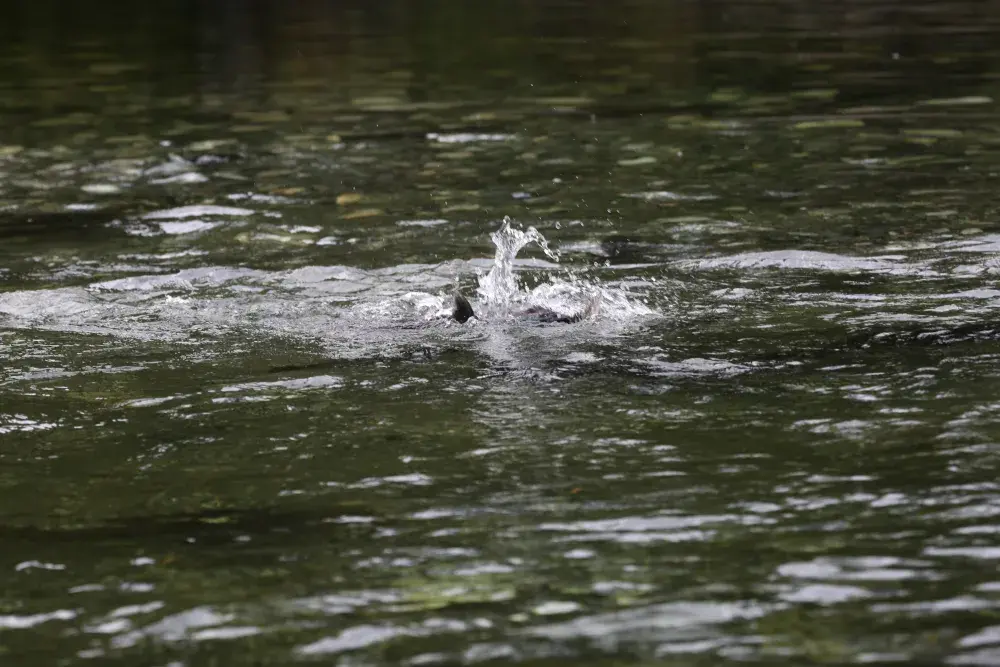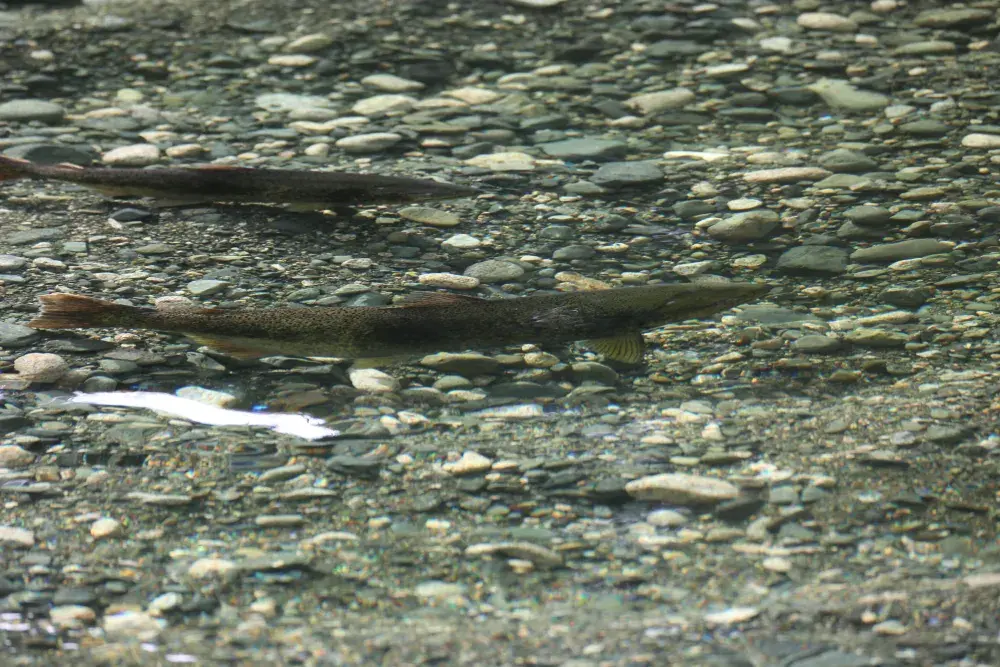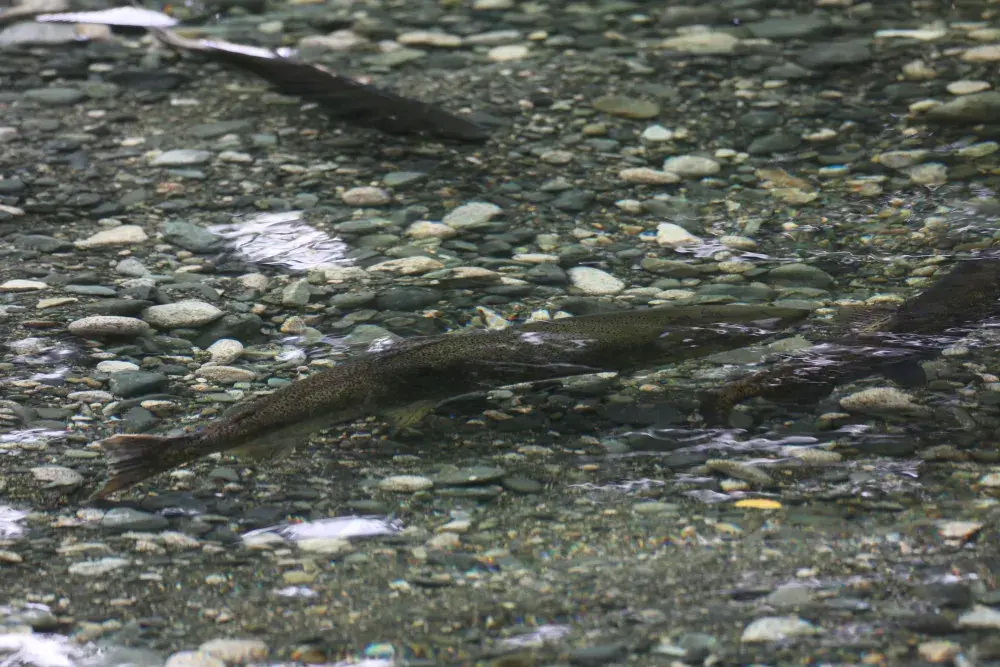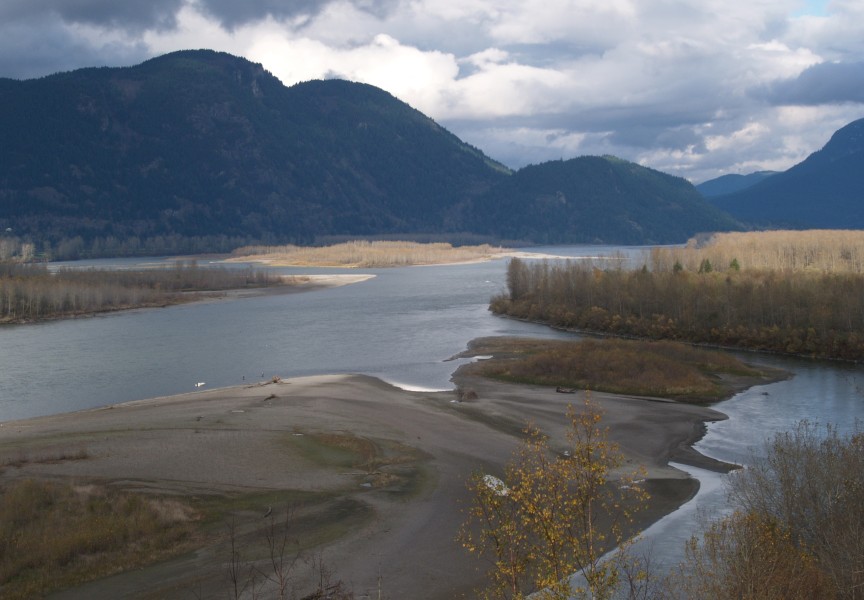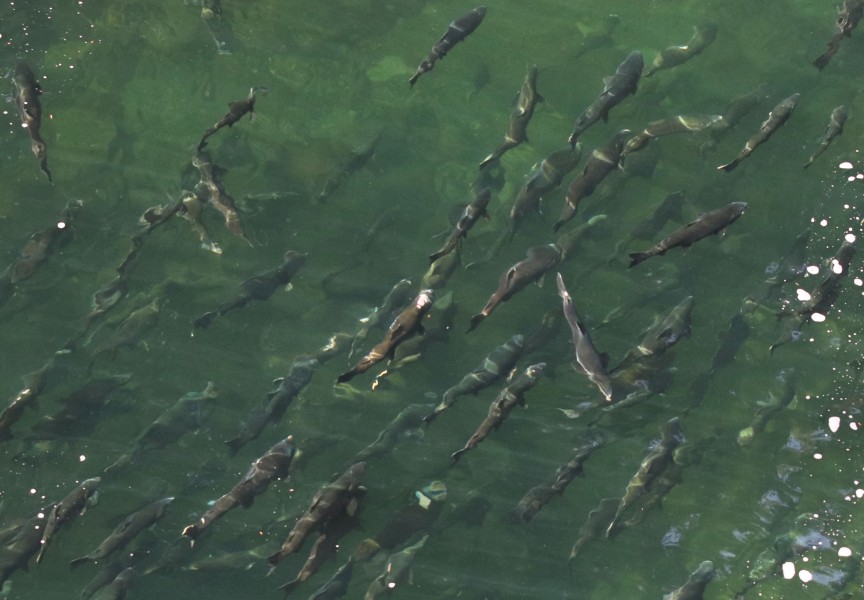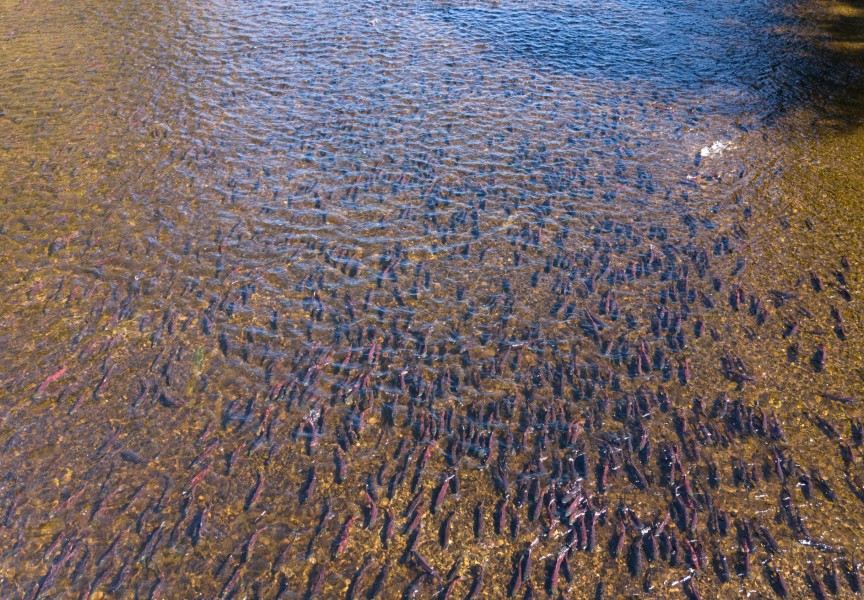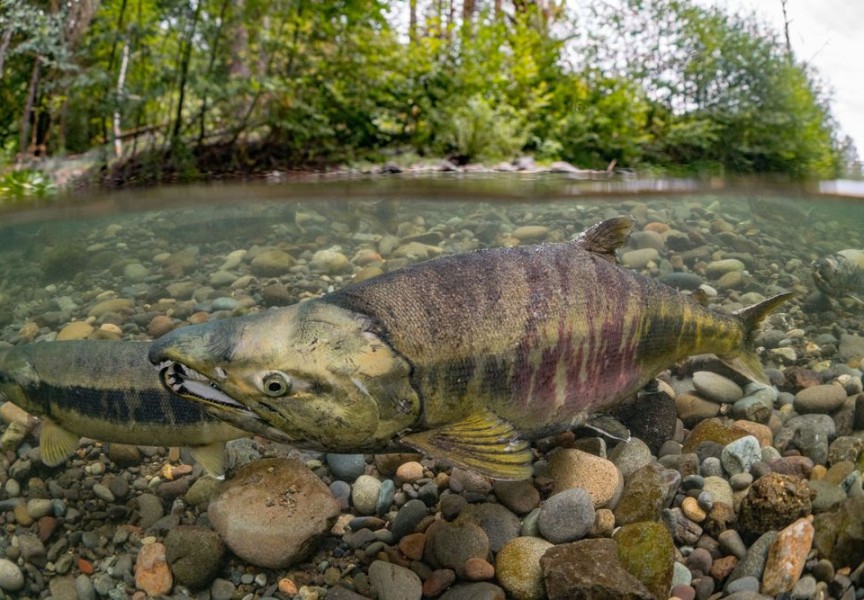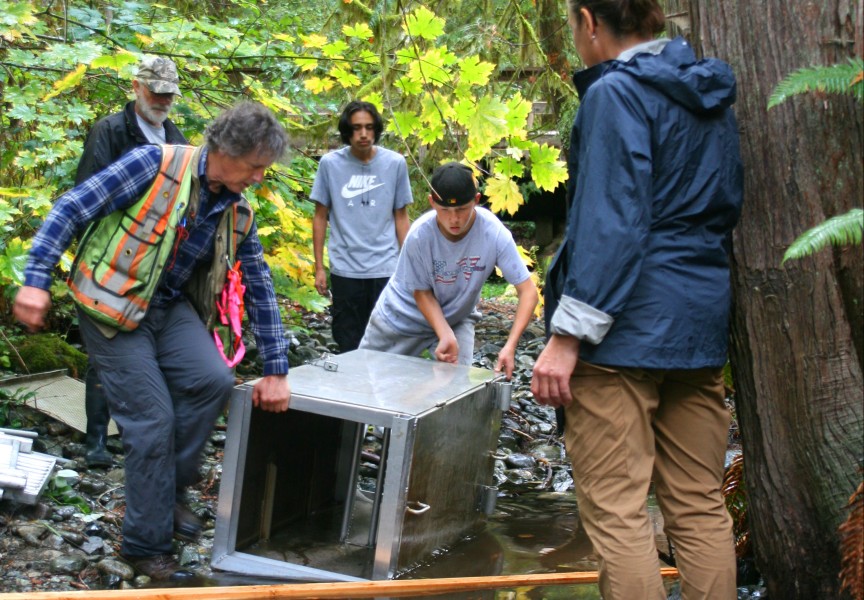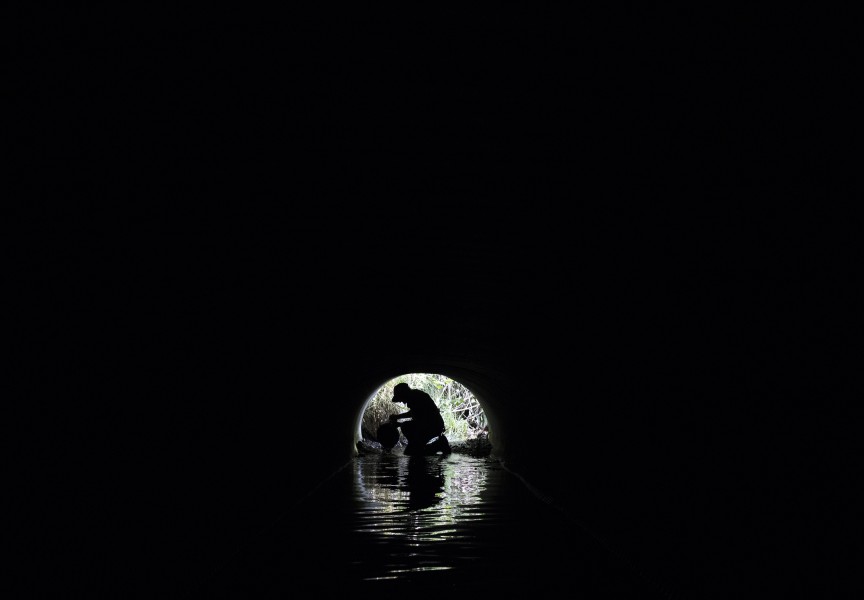The Nootka Sound Watershed Society (NSWS) has received $1.1 million through the BC Salmon Restoration and Innovation Fund (BCSRIF) to support long-term management and recovery of priority salmon stocks.
The project is a continuation of a previously funded BCSRIF project and includes three main objectives: stream temperature monitoring, riparian silviculture restoration, community engagement and expansion of the Nootka Sound Salmon and Watershed Assessment Tool. The project was developed through collaboration with the Mowachaht/Muchalaht First Nation.
Over three years, these activities will provide crucial physical, technical and decision-support infrastructure to help the NSWS and their partners in ongoing work to support salmon conservation and recovery actions in Nootka Sound. The project is scheduled to be completed in March 2026.
The NSWS is a group of community members, First Nations representatives, local elected representatives, biologists, industry representatives, commercial fishermen, sport fishermen, educators and stewards with a common goal to see a healthy revival of salmon stocks to the Nootka Sound and Esperanza Inlet watersheds.
In April 2022, the NSWS received $324,953 to develop an action plan to improve and monitor habitat for steelhead trout and Pacific salmon species.
“Salmon stocks in Nootka and Esperanza (Inlet) are in various states of abundance depending on the species and stock,” said Kent O’Neill, NSWS president. “Hatchery produced chinook salmon numbers are in good shape as a result of a robust enhancement program run by SEP (Salmonid Enhancement Program) and partly supported by NSWS. Wild stocks of chinook salmon, coho, chum and pinks are not as abundant and have diminished over the past 20-plus years.”
Over time, salmon stocks are recovered through protection and habitat restoration along with sustainable harvest practices, fisheries management and favourable ocean survival rates, said O’Neill.
“The science around recovery is a delicate balancing act and there are many factors that influence how stocks respond to recovery such as ocean and stream temperatures, predation, salinity, low oxygen levels and sedimentation,” O’Neill said.
O’Neill added that increased water temperatures in the marine and freshwater environments are significant stressors on fish stocks and can result in rapid changes that can impact all species of salmon.
The Nootka Sound Salmon and Watershed Restoration Tool is an interactive online program that helps to visualize the habitat pressures to the full spacial extent of Nootka Sound Watersheds.
“It shows metrics such as average stream temperature, fish presence, road density and stream crossings from a watershed level right down to individual stream reaches,” O’Neill said. “The intent of the tool is to support watershed management and prioritization of monitoring and restoration. We are also using the tool to house all our restoration data and monitoring plots.”
The BC Salmon Restoration and Innovation Fund is jointly funded by the Government of Canada and the Province of British Columbia to support the protection and restoration of Pacific salmon and other priority wild fish species. The 2023 funding cycle prioritized projects in the scope of salmon ecosystems, salmon habitats and sustainable fisheries.

